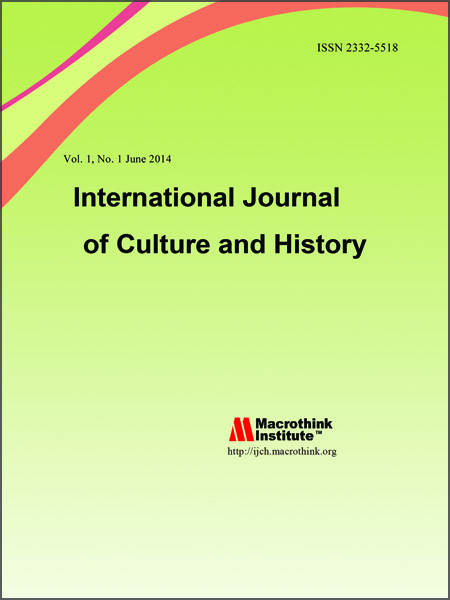Post-Independent Kenya in Ngugi’s A Grain of Wheat and Petals of Blood: A Neo-Colonial Study
DOI:
https://doi.org/10.5296/ijch.v9i2.20587Abstract
For most of the colonized nations, the achievement of independence turned an illusion with the perpetuation of disguised imperialism which most of the postcolonial critics have termed as “neocolonialism”. Neocolonialism can be defined as the deliberate and continued survival of the colonial system in independent states by turning them into victims of political, psychological, economic and social domination carried out through subtle means that exclude direct violence. An inspiring advocate for freedom, justice, and human rights for the downtrodden peoples of the world, Kenya’s most celebrated postcolonial writer Ngugi Wa Thiong’o has depicted neocolonialism in many of his fiction and non-fiction works among which the novels A grain of Wheat and Petals of Blood are most influential. This study aims to show the emergence of local elites in the wake of independence in Kenya where white colonizers are replaced with them in order to initiate a new phase of exploitation. By depicting the major characters and their association with the former colonial forces and delineating various aspects of post-independent Kenya, this study will focus on the existence of neo-colonialism and its fatal impacts on the masses as represented in the respective novels. On the basis of the philosophy of neocolonialism by scholars like Frantz Fanon, Kwame Nkrumah and Ngugi himself, this study will also showcase how Ngugi sketches the continuation of classism and the prevalence of bourgeoisies in his novel A Grain of Wheat and Petals of Blood.

